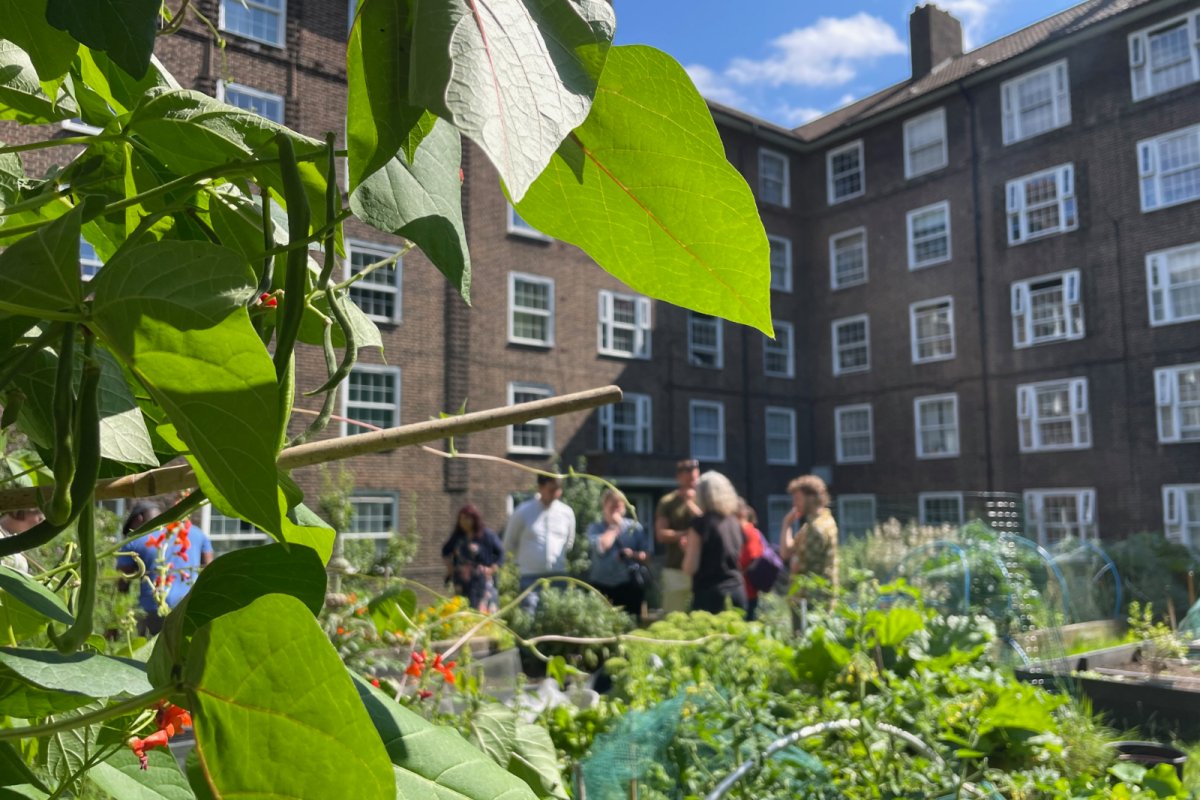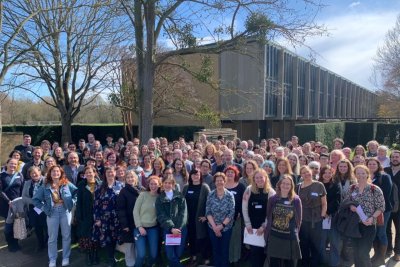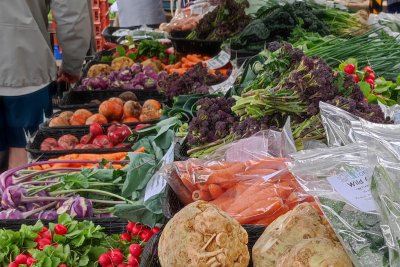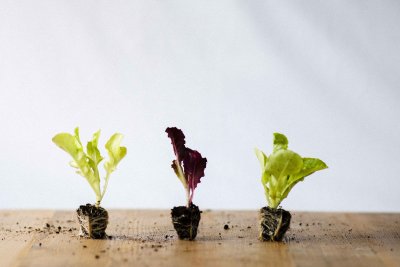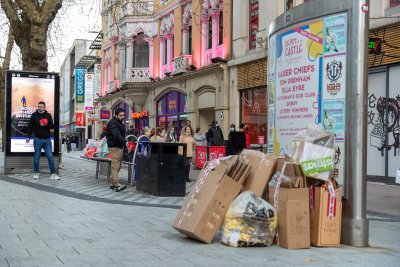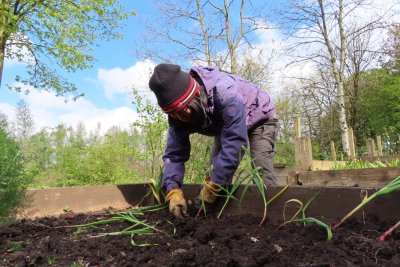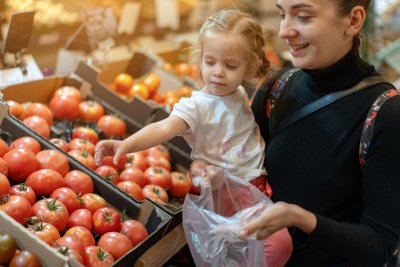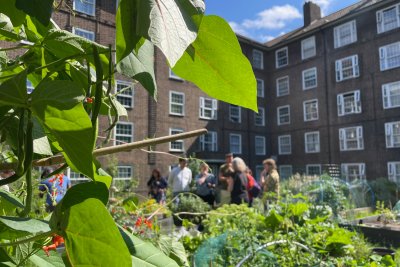 Community allotment on Rockwell Estate, Southwark. Credit: Sarah Williams
Community allotment on Rockwell Estate, Southwark. Credit: Sarah Williams
Behind the garden gate: how London’s food gardens are producing much more than just food
The 2023-2024 Capital Growth members’ survey has shown that gardens are thriving when it comes to supporting people’s health and wellbeing and increasing biodiversity, but more investment is still needed in green jobs and training.
“The Mycellium Network that is Capital Growth enables us to do what we do without being in a silo. Thanks for all the connections.”
The annual Capital Growth members’ survey has shown that community gardens continue to be a vital tool for education, training and improving people’s wellbeing, and that Capital Growth remains an important part of this. Read on to see some of the highlights from our report this year.
What you told us: About your gardens
These gardens are important spaces and continue to reach significant numbers of people; survey respondents reported 65,932 people regularly take part in their activities. From these responses, we can estimate that our full network reaches over:
- 1,000 workers
- 1,100 trainees and apprentices
- 24,000 volunteers
- 39,000 school pupils
These numbers show the huge contribution the network makes to education and training in green skills, however, many gardens also shared concerns about a lack of funding and difficulties in retaining volunteers, highlighting the need for additional investment in green jobs and training.
Gardens also told us that they’re thriving when it comes to following organic principles, creating biodiversity and improving the health and wellbeing of visitors, all of which saw an increase on last year.
What you told us: About Capital Growth
Gardens continue to see Capital Growth as a supportive, informative and friendly network and they benefited from a range of activities and support such as participating in the Good to Grow or Urban Harvest events, and receiving advice, signposting and training on a range of topics.
“Capital Growth has helped by signposting and making me more aware of the issues that concern our gardens. I don't think our school garden would be as integral to the school without its guidance and help.”
Where next for the Capital Growth network?
Member gardens feel that the top three areas for Capital Growth to prioritise are:
- Helping garden groups be better organised, inclusive and welcoming
- Supporting gardens to deliver health and wellbeing, and
- Supporting the Right to Grow campaign
Respondents also told us that they are particularly interested in having more training on how to build climate-resilient systems, improving biodiversity and specialist growing topics.
Centring anti-racism in our work
While an increasing number of gardens felt good progress is being made, particularly in engaging and representing diverse groups, 40% still feel that inclusion, diversity and representation remain big challenges for their project. Gardens feel that supporting anti-racism in food growing should be a priority for Capital Growth going forward.
Read A year in London’s food gardens: Capital Growth network survey findings 2023-2024 to dig into the data and feedback from the wider network.
If you’re a community garden in London but not yet part of the Capital Growth network, sign up here. See what other events we have coming up by visiting our website, or signing up to our newsletter.
Capital Growth: We believe everyone should have the opportunity to grow food as part of a healthy, resilient food system and we are working with our network of growers in London to make this happen.
Sustain
The Green House
244-254 Cambridge Heath Road
London E2 9DA
020 3559 6777
sustain@sustainweb.org
Sustain advocates food and agriculture policies and practices that enhance the health and welfare of people and animals, improve the working and living environment, promote equity and enrich society and culture.
© Sustain 2024
Registered charity (no. 1018643)
Data privacy & cookies
Icons by Icons8
